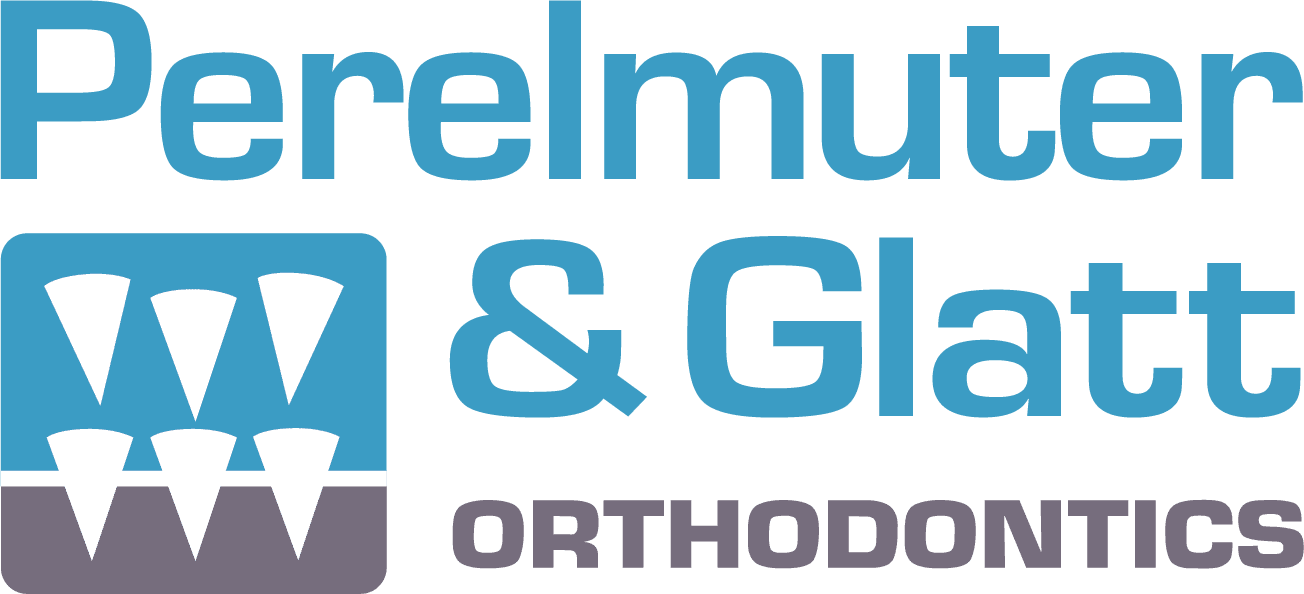Protecting and caring for your teeth should be a priority in your daily routine, not only for aesthetic reasons, but also for comfort and health reasons. We all want a radiant smile, but it is also important to have a healthy mouth free of cavities or other harmful and painful conditions. For some patients, basic toothpaste is not enough to adequately fend off tooth decay. For those at an increased risk, dentists offer prescription toothpaste that can really get the job done.
Most toothpastes use small amounts fluoride as the active ingredient for preventing cavities, fighting tartar, reducing plaque and generally encouraging tooth protection and strength. According to PubMed Health, fluoride is used to prevent tooth decay and helps to resist acid and block cavity-forming action of bacteria. A dentist may recommend a higher dosage of fluoride for patients with a long history of cavities or who are at a higher risk for tooth decay.
Fluoride can come in the form of a liquid, tablet, or chewable tablet. Tablets may be dissolved in water or food products depending on the prescription. Another option recommended to some patients is fluoride-enhanced toothpaste.
Clinpro 5000 is a convenient choice for many patients because it is used in place of regular toothpaste once a day. This product delivers over four times more fluoride than regular toothpaste and is the only toothpaste to include a tri-calcium phosphate, which helps the teeth, absorb more fluoride per use. Clinpro 5000 also exhibits greater remineralization rate than other prescription toothpastes and has a low Relative Dentin Abrasivity (RDA) score. This means that Clinpro 5000 encourages high protection while providing gentle cleaning.
Other brands of prescription toothpaste include GC MI Paste Plus and Prevident 5000 Booster. There are also a handful of products that combine fluoride enhancement with other dental health goals.
If you think you need a stronger toothpaste talk to your dentist, or contact Perelmuter & Goldberg Orthodontics about your specific dental needs. If you already use prescription toothpaste, follow the instructions given to you by your dentist.
May 29th, 2015

